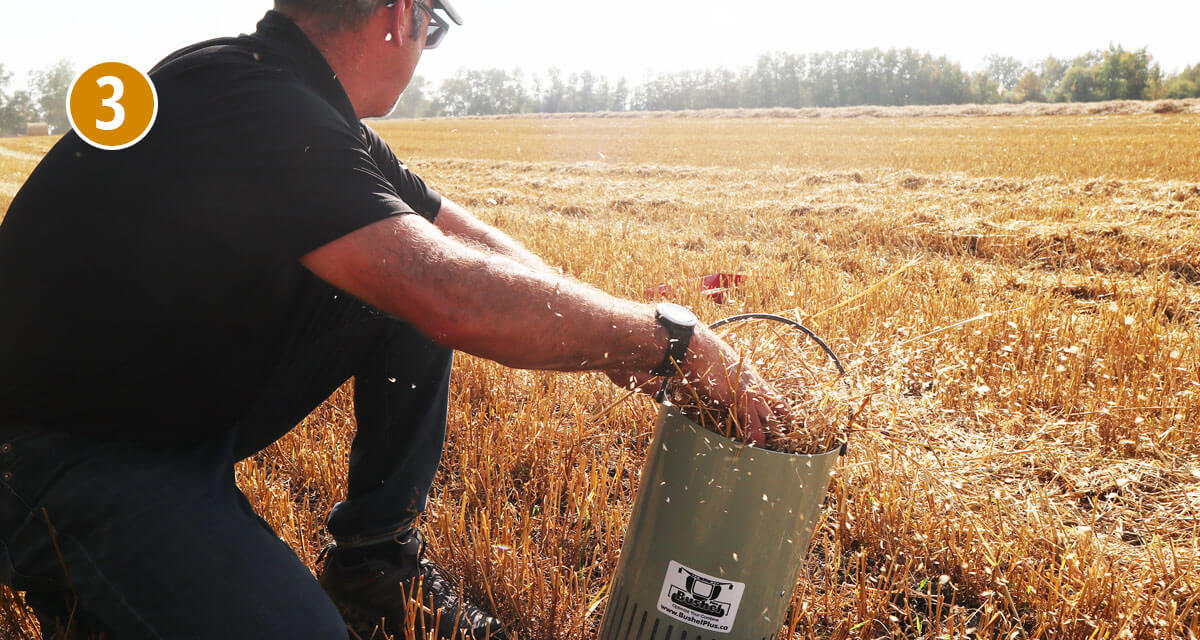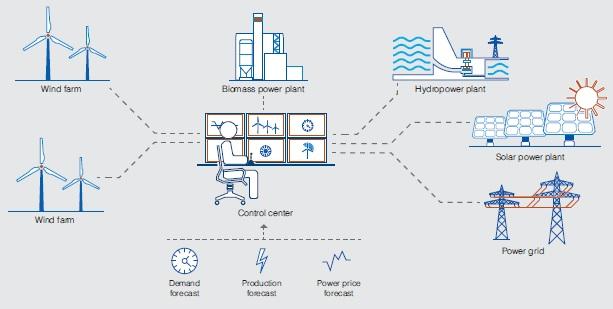Werner Enterprises Recognized for Sustainability Leadership in Supply Chain
Introduction
OMAHA, Neb., July 08, 2025 – Werner Enterprises, Inc. (Nasdaq: WERN), a leading transportation and logistics provider, has been named a Green Supply Chain Partner by Inbound Logistics for the 13th consecutive year. This annual recognition highlights 75 companies demonstrating a strong and ongoing commitment to sustainability within global supply chains, aligning closely with the United Nations Sustainable Development Goals (SDGs), particularly SDG 9 (Industry, Innovation and Infrastructure), SDG 12 (Responsible Consumption and Production), and SDG 13 (Climate Action).
Commitment to Sustainable Development Goals
Werner Enterprises’ sustained recognition reflects its strategic integration of sustainability into daily operations, emphasizing the following SDGs:
- SDG 9 – Industry, Innovation and Infrastructure: Through investments in innovative fleet technologies and advanced logistics solutions.
- SDG 12 – Responsible Consumption and Production: By adopting alternative fuels and reducing carbon emissions.
- SDG 13 – Climate Action: Setting ambitious emissions reduction targets and actively participating in environmental partnerships.
Key Sustainability Initiatives
- Emissions Reduction Target: Werner is committed to reducing CO₂ emissions by 55% by 2035, supporting global climate goals.
- Alternative Fuels Usage: The company utilizes renewable natural gas, biodiesel blends, and renewable diesel to lower its carbon footprint.
- Innovative Fleet Technologies:
- Deployment of compressed natural gas engines.
- Integration of Class 8 battery electric vehicles.
- Introduction of hydrogen fuel cell trucks.
- Aerodynamic enhancements on trailers to improve fuel efficiency.
- Environmental Partnerships: Active participation in the EPA’s SmartWay Transport Partnership and exclusive collaboration with SmartWay-certified carriers to enhance environmental efficiency.
Impact on Sustainable Development
Werner Enterprises’ sustainability efforts demonstrate the interconnectedness of environmental responsibility, operational excellence, and long-term value creation. By investing strategically in emission reduction and efficiency improvements, the company contributes to:
- Healthier communities through reduced pollution (SDG 3 – Good Health and Well-being).
- A more sustainable transportation industry aligned with global climate objectives (SDG 13 – Climate Action).
- Innovation and infrastructure development supporting sustainable industrialization (SDG 9).
Additional Information and Resources
For the full list of Inbound Logistics 2025 Green Supply Chain Partners, please visit here.
To learn more about Werner Enterprises’ sustainability initiatives and progress, refer to the 2024 Corporate Sustainability Report.
About Werner Enterprises
Werner Enterprises, Inc. provides superior truckload transportation and logistics services across the United States, Mexico, and Canada. With 2024 revenues of $3.0 billion, a modern fleet, and nearly 13,000 associates, Werner leverages its innovative Werner EDGE® technology to deliver reliable, safe, and efficient supply chain solutions. The company offers Dedicated and One-Way Truckload services as well as logistics services including truckload brokerage, freight management, intermodal, and final mile. Werner embraces inclusion as a core value and manages risks and opportunities through a balanced sustainability strategy, supporting multiple SDGs and fostering a resilient and responsible supply chain.
1. Sustainable Development Goals (SDGs) Addressed or Connected
- SDG 9: Industry, Innovation and Infrastructure
- The article highlights Werner Enterprises’ investment in innovative fleet technologies such as compressed natural gas engines, battery electric vehicles, and hydrogen fuel cell trucks.
- SDG 11: Sustainable Cities and Communities
- Werner’s efforts to reduce emissions and improve environmental efficiency contribute to healthier communities and sustainable urban environments.
- SDG 12: Responsible Consumption and Production
- The company’s use of renewable natural gas, biodiesel blends, and renewable diesel reflects sustainable consumption of resources.
- SDG 13: Climate Action
- Werner’s commitment to reducing CO₂ emissions by 55% by 2035 and participation in EPA’s SmartWay Transport Partnership directly address climate change mitigation.
- SDG 8: Decent Work and Economic Growth
- Werner’s role as a major employer with nearly 13,000 associates and its focus on operational excellence support sustained economic growth and decent work.
2. Specific Targets Under Those SDGs Identified
- SDG 9: Industry, Innovation and Infrastructure
- Target 9.4: By 2030, upgrade infrastructure and retrofit industries to make them sustainable, with increased resource-use efficiency and greater adoption of clean and environmentally sound technologies.
- SDG 11: Sustainable Cities and Communities
- Target 11.6: Reduce the adverse per capita environmental impact of cities, including by paying special attention to air quality and municipal and other waste management.
- SDG 12: Responsible Consumption and Production
- Target 12.2: By 2030, achieve the sustainable management and efficient use of natural resources.
- SDG 13: Climate Action
- Target 13.2: Integrate climate change measures into national policies, strategies, and planning.
- SDG 8: Decent Work and Economic Growth
- Target 8.4: Improve progressively, through 2030, global resource efficiency in consumption and production and endeavor to decouple economic growth from environmental degradation.
3. Indicators Mentioned or Implied to Measure Progress
- CO₂ Emissions Reduction
- Indicator: Percentage reduction in CO₂ emissions (Werner’s target of 55% reduction by 2035).
- Use of Alternative Fuels
- Indicator: Volume or percentage of renewable natural gas, biodiesel blends, and renewable diesel used in operations.
- Deployment of Clean Technologies
- Indicator: Number or percentage of fleet vehicles using compressed natural gas engines, battery electric vehicles, hydrogen fuel cell trucks, and aerodynamic enhancements.
- Participation in Environmental Partnerships
- Indicator: Membership and active participation in programs like EPA’s SmartWay Transport Partnership and use of SmartWay-certified carriers.
- Operational Efficiency and Emissions Intensity
- Indicator: Emissions per unit of freight transported or per mile, reflecting environmental efficiency improvements.
4. Table of SDGs, Targets, and Indicators
| SDGs | Targets | Indicators |
|---|---|---|
| SDG 9: Industry, Innovation and Infrastructure | Target 9.4: Upgrade infrastructure and retrofit industries to make them sustainable by 2030. |
|
| SDG 11: Sustainable Cities and Communities | Target 11.6: Reduce adverse environmental impact of cities, including air quality improvements. |
|
| SDG 12: Responsible Consumption and Production | Target 12.2: Achieve sustainable management and efficient use of natural resources by 2030. |
|
| SDG 13: Climate Action | Target 13.2: Integrate climate change measures into policies and planning. |
|
| SDG 8: Decent Work and Economic Growth | Target 8.4: Improve resource efficiency and decouple economic growth from environmental degradation. |
|
Source: finance.yahoo.com







